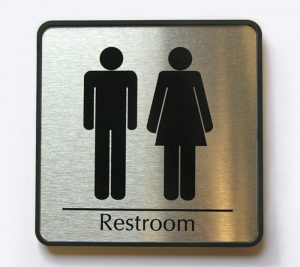The Risks Of Chronic Laxative Use
 Laxative abuse is common in patients with eating disorders who seek to lose extra weight.
Laxative abuse is common in patients with eating disorders who seek to lose extra weight.
However, chronic use of laxatives can lead to illness and even death.
What is Laxative Abuse?
Laxative abuse occurs when a person attempts to purge unwanted calories or otherwise lose weight by the frequent use of laxatives. A person who abuses laxatives mistakenly believes that they will rush food and calories through the gut and bowels before nutrients can be absorbed. However, this is not the case, and regular use of laxatives for this reason can lead to life-threatening complications.
The Laxative Myth
Those who use laxatives regularly for weight loss hold the belief that nutrients and calories will be passed through the large intestine before they are absorbed. However, by the time laxatives actually stimulate the large intestine, laxative-induced bowel movements contain little actual food. Instead, the body purges water, minerals, electrolytes and indigestible fiber.
This alternate effect is commonly known as purging “water weight”, which returns when an individual drinks fluids and rehydrates the body. Chronic laxative abusers often choose not to rehydrate, risking dehydration and further damage to the organs.
Consequences of Laxative Abuse
There are a number of ways to damage the colon when an individual abuses laxatives. For example, the colon can become laxative dependent and only react to increased doses of laxatives. This can cause unusual bowel movements. Additionally, laxative abuse can lead to a stretched or “lazy” colon and a colon infection. Chronic laxative use may even lead to colon cancer.
By using laxatives excessively, a person strips nutrients from the body. These nutrients include sodium, potassium, magnesium and phosphorous minerals. These minerals allow the nerves and muscles to function properly, and upsetting this balance can harm delicate and vital organs.
Source: National Eating Disorders
 Eating Disorder Self Test. Take the EAT-26 self test to see if you might have eating disorder symptoms that might require professional evaluation. All answers are confidential.
Eating Disorder Self Test. Take the EAT-26 self test to see if you might have eating disorder symptoms that might require professional evaluation. All answers are confidential.